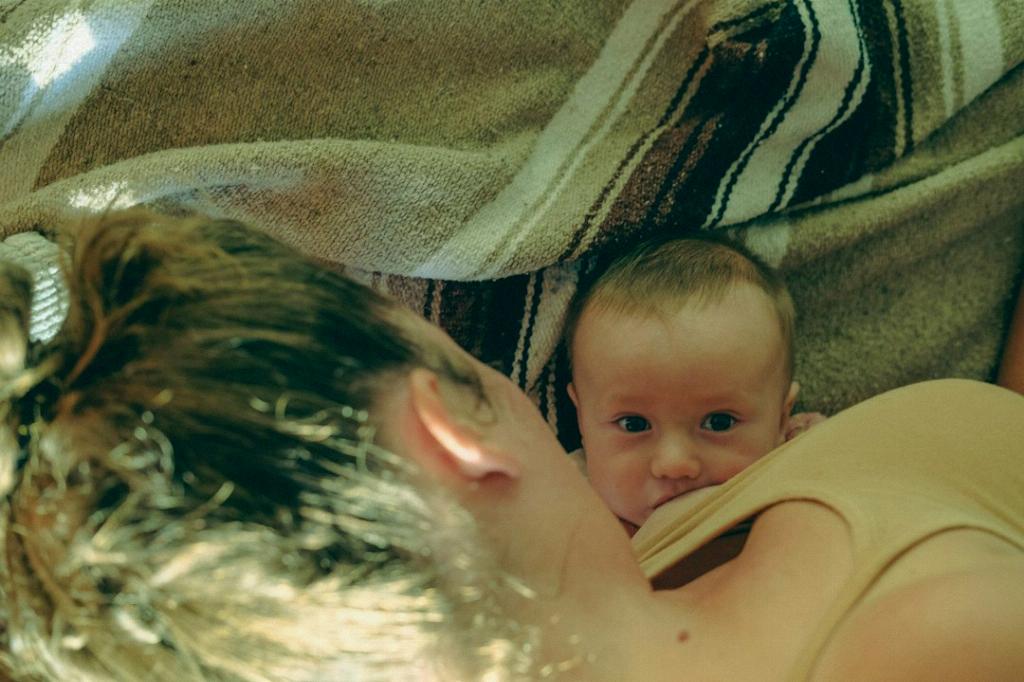Many women believe that they cannot get pregnant while breastfeeding, especially if they have not yet resumed their menstrual cycles. However, it is important to understand that it is indeed possible to conceive while breastfeeding and not having a period.
When a woman is exclusively breastfeeding her baby, especially during the first six months postpartum, she may experience lactational amenorrhea, which is the absence of menstruation due to breastfeeding. This can create a false sense of security in terms of contraception, as many women assume they are not ovulating during this time.
It is essential to know that ovulation can still occur before the return of your period. Ovulation happens prior to menstruation, so even if you have not seen your period yet, you could still release an egg and get pregnant. Sperm can live in the body for several days, so if ovulation occurs, there is a window of opportunity for conception.
Factors such as the frequency and intensity of breastfeeding, the baby’s age, and the introduction of solid foods can influence the return of ovulation. As breastfeeding patterns change over time, the likelihood of ovulation increases, even if menstruation has not yet resumed.
While breastfeeding can act as a form of natural contraception, known as the Lactational Amenorrhea Method (LAM), it is not foolproof. LAM is most effective when specific criteria are met, such as exclusive breastfeeding on demand, no use of pacifiers or bottles, and no formula supplementation.
It is crucial for women who are not ready to conceive again to consider using additional forms of contraception if they are engaging in sexual activity. Barrier methods, hormonal contraceptives, or intrauterine devices can provide added protection against unintended pregnancy, especially in the absence of regular menstrual cycles.
Discussing your contraceptive options with a healthcare provider is recommended to determine the most suitable method based on your individual needs and preferences. They can provide guidance on choosing a contraception that aligns with your reproductive goals and health considerations.
Understanding your body’s reproductive patterns and being aware of the signs of ovulation can help you make informed decisions about contraception while breastfeeding. It is crucial to stay informed and proactive in managing your fertility to prevent unintended pregnancies.
Keep in mind that fertility can return at different times for each woman, and assumptions about ovulation based solely on the absence of menstruation may lead to unintended pregnancies. Tracking your fertility signs or using ovulation predictor kits can help you identify when you are most fertile, even without regular periods.
Being proactive about your reproductive health and communicating openly with your partner about contraception can help you avoid any surprises when it comes to family planning. Investing time in understanding your body’s fertility signals can empower you to make informed choices about pregnancy prevention.
In conclusion, the absence of menstruation while breastfeeding does not guarantee immunity from pregnancy. Ovulation can occur before the return of your period, making conception possible even without regular cycles. Taking proactive steps to manage your fertility and exploring reliable contraceptive options can help you prevent unintended pregnancies while navigating the complexities of breastfeeding and family planning.

